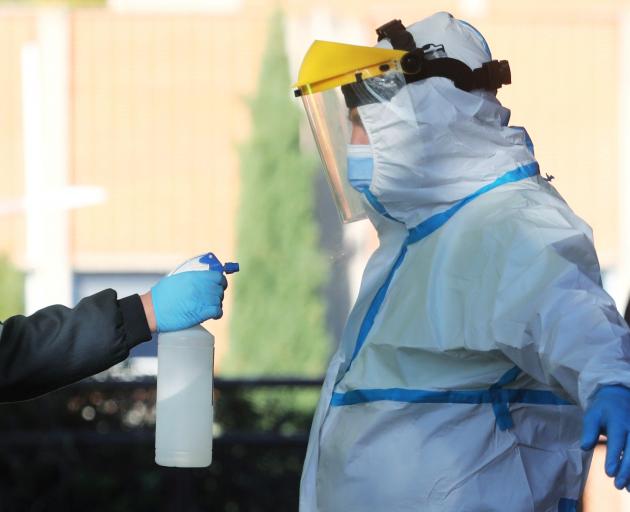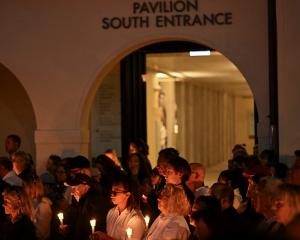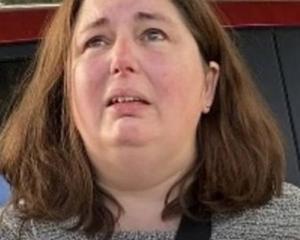
The new cases took the total to 1,138,507, with France now ahead of Argentina and Spain to register the world's fifth highest number of cases after the United States, India, Brazil and Russia.
In the past three days, France has registered over 139,000 new cases, which is more than the 132,000 cases registered during the two-month lockdown from mid-March to mid-May.
The health ministry said that 116 people had died from coronavirus infection over the past 24 hours, compared to from 137 on Saturday, taking the total to 34,761.
The number of people who tested positive during massive testing under way in the whole country increased to 17%, from 16% on Saturday and around 7% a month ago.
Like many other European countries, including neighbours Britain, Spain and Italy, France has seen a second wave hit in recent weeks.
The head of the Paris region health authority, Aurelien Rousseau, said on BFM television that the circulation of the virus in the region was accelerating and that the situation in French hospitals was becoming more and more tense.
The health ministry reported no hospital data on Sunday, but on Saturday the number of people in hospital with coronavirus rose by 652 to 15,660 and the number of people in intensive care by 59 to 2,500, compared to a peak of 7,148 during the lockdown in the spring.
NEW STATE OF EMERGENCY IN SPAIN
Spanish Prime Minister Pedro Sanchez announced a new state of emergency on Sunday in an effort to curb soaring coronavirus infections, imposing local night-time curfews and banning travel between regions in some cases.
The measures go into force from Sunday night and will require all regions except the Canary Islands to impose a night-time curfew and limit the number of people allowed to meet to six.
"We are living in an extreme situation ... it is the most serious health crisis in the last century," he told a news conference following a cabinet meeting.
Catalonia was one of the first regions on Sunday to use the new legislation to impose a curfew, which will take effect at 10pm. Establishments open to the public will have to close at 9pm.
Police were patrolling the city before the curfew took effect and locals welcomed the new rule.
Other regions that announced curfews from Sunday night included Cantabria and La Rioja.
Spain imposed one of the toughest lockdowns early on in the pandemic and then relaxed curbs over the summer.
The state of emergency will need parliamentary approval to last beyond 15 days. Sanchez asked for parliament to approve its extension up to May 9.













